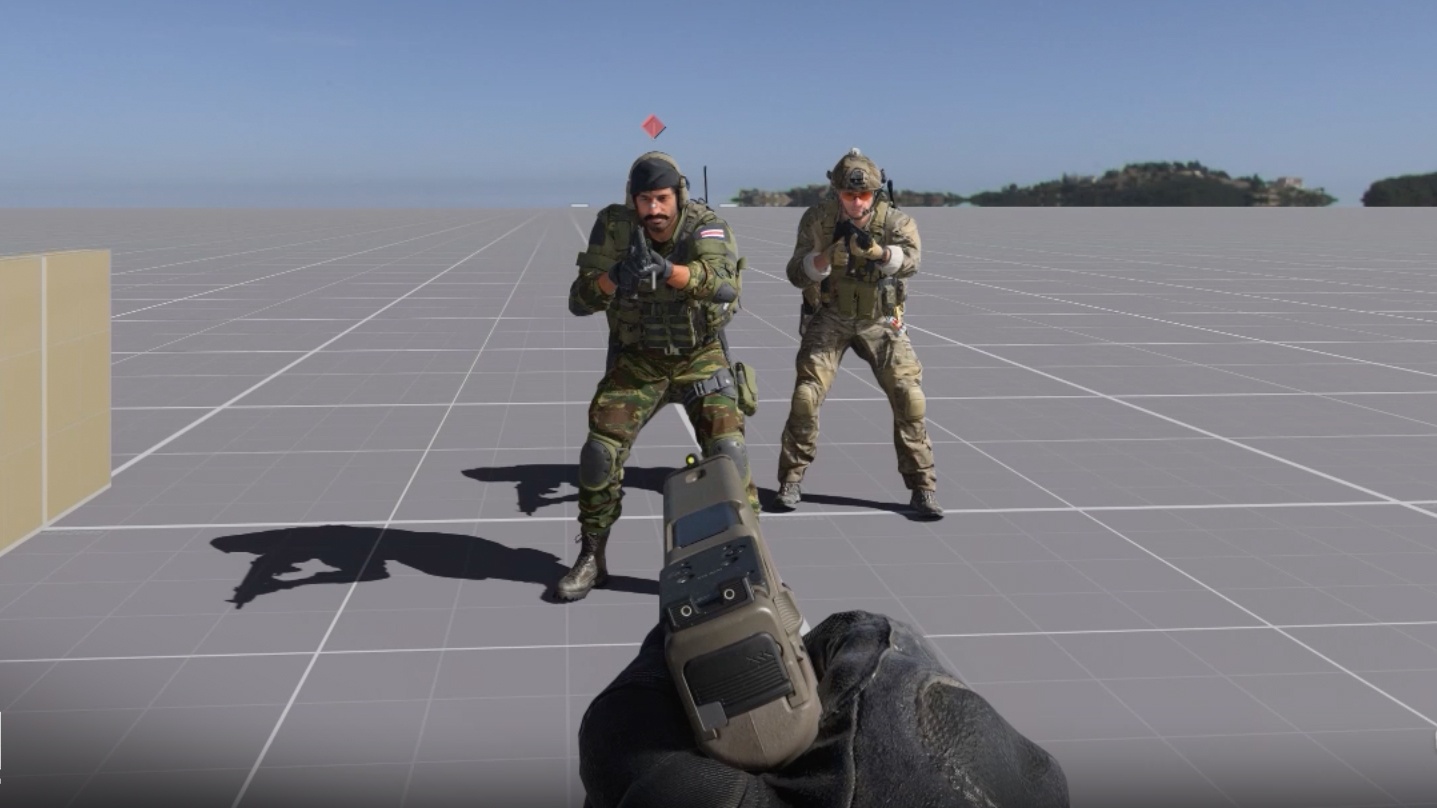Call of Duty gets into psychological warfare as new anti-cheat tech plagues hackers with 'hallucinations'
Fairly certain this is a violation of like five different international treaties.

Call of Duty: Modern Warfare 2 hackers are losing it, man. Team Ricochet, the cadre of COD devs with the unenviable task of foiling the game's many cheaters, has put out an update detailing a new bit of anti-cheat tech. It's called Hallucinations and, well, it does exactly what its name suggests.
"Hallucinations place decoy characters within the game that can only be detected by cheaters that have been specifically flagged by [Team Ricochet's] system," reads the update. They can't be seen by legitimate players, but "serve to disorient cheaters in a variety of ways".
Essentially, these hallucinations are clones of someone else in the match, "mimicking their movement to trick a cheater into believing the character they see is a real-life player". Even more cunning, the hallucinatory players will still spit out the kind of information that hackers can pick up using "nefarious tools," making it "impossible for cheaters to know at first glance which is real".
It's some real Wile E. Coyote stuff: Duping hackers into expending their energy hunting down fakes while polite society continues on with its match of MW2 or Warzone.
There's an obvious question here: Why not just ban cheaters outright instead of playing elaborate mind games with them? Well, first off, I think that sounds much less fun, but Team Ricochet says that, because COD cheats are a "big business" that's "constantly evolving," they need ways to keep on top of how cheaters are changing things up.
"Allowing cheaters to remain in the game in a mitigated state provides #TeamRICOCHET with intel, while keeping cheaters occupied, in the dark, and unable to harm your in-game experience," says the COD anti-cheat team. The data the team gathers as cheaters fruitlessly chase after a bunch of holograms can then be used to bolster new anti-cheat efforts in future. But mostly it's just funny.
Alongside the details about Hallucinations, Team Ricochet also mentioned a piece of anti-cheat tech it's decided to put back on the shelf. That one was called Quicksand, and it had the effect of royally mucking up hacker's controls, such that their characters would begin moving at half-speed or start randomly remapping their keybindings. Sounds hilarious, but the COD anti-cheat team says that, "while Quicksand was a fun mitigation to deploy against bad actors, it could also be very visually jarring to anyone in the lobby".
Keep up to date with the most important stories and the best deals, as picked by the PC Gamer team.
"Imagine coming upon an enemy that was moving at a snail’s pace in the middle of your rotation out of a hot zone. It could trip you up". It's a fair point, and so Quicksand won't be featuring in COD's anti-cheat efforts in future, no matter how funny it is to imagine a random hacker subject to the almost biblical punishment of being beset by visions and inexplicably moving in reverse.

One of Josh's first memories is of playing Quake 2 on the family computer when he was much too young to be doing that, and he's been irreparably game-brained ever since. His writing has been featured in Vice, Fanbyte, and the Financial Times. He'll play pretty much anything, and has written far too much on everything from visual novels to Assassin's Creed. His most profound loves are for CRPGs, immersive sims, and any game whose ambition outstrips its budget. He thinks you're all far too mean about Deus Ex: Invisible War.

